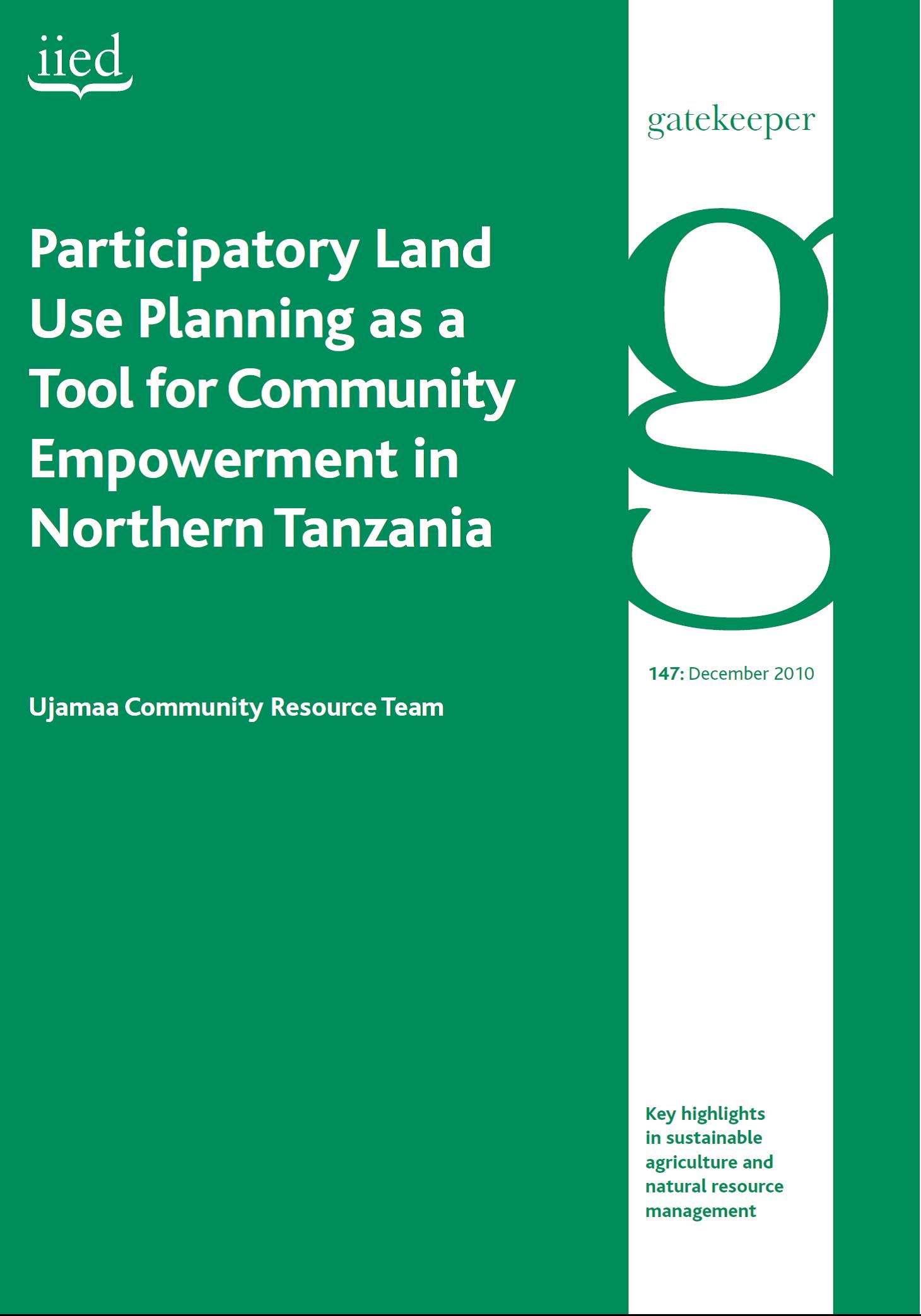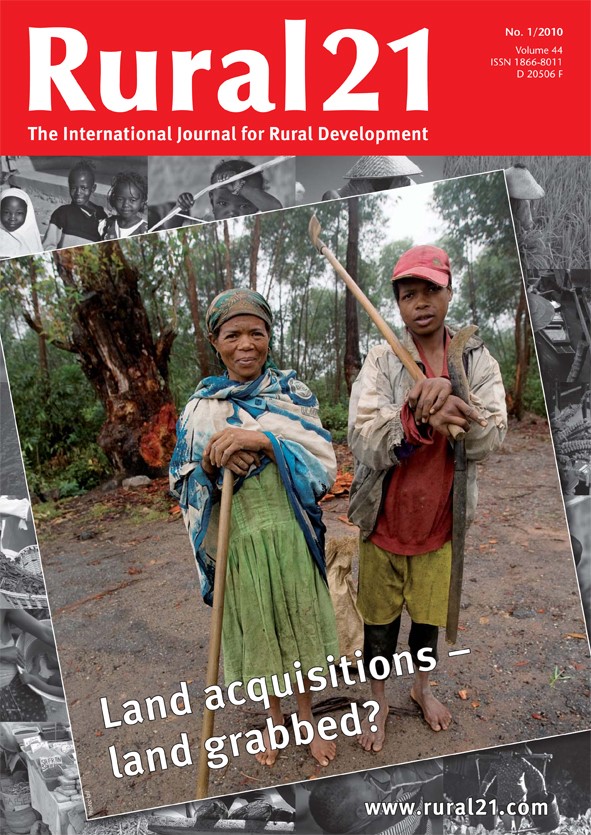Focal point
Location
Mission
Our mission is to build a fairer, more sustainable world, using evidence, action and influence in partnership with others.
Who we are
IIED is one of the world’s most influential international development and environment policy research organisations. Founded in 1971 by economist Barbara Ward, who forged the concept and cause of sustainable development, we work with partners on five continents. We build bridges between policy and practice, rich and poor communities, the government and private sector, and across diverse interest groups. We contribute to many international policy processes and frameworks, including the Intergovernmental Panel on Climate Change, the Millennium Ecosystem Assessment and the UN conventions on climate change and biological diversity.
What we do
IIED carries out research, advice and advocacy work. We carry out action research — generating robust evidence and know-how that is informed by a practical perspective acquired through hands-on research with grassroots partners — and we publish in journals and maintain high research standards. We advise government, business and development agencies, and we argue for changes in public policy. We focus on bottom-up solutions, stay open to flexible, adaptable solutions and are marked by a tradition of challenging conventional wisdom through original thinking.
Resources
Displaying 281 - 285 of 367Participatory Land Use Planning as a Tool for Community Empowerment in Northern Tanzania
This paper presents several case studies to show how the Ujamaa Community Resource Team (UCRT) has been working within Tanzania’s legal and policy framework to support a diverse range of pastoralists, agro-pastoralists and hunter-gatherers, all of whom face fundamental threats from external appropriation of, or encroachment on, lands and natural resources. The work also responds to local needs to rationalise resource use rights amongst competing local groups, such as farmers and livestock keepers.
Why it makes more sense to invest in farmers than in farmland
Large-scale land acquisitions can have lasting repercussions for the future of agriculture, including both agribusiness and family farming. Rather than rushing into land deals, governments and investors should properly consider the wider range of options to invest in agriculture. In many parts of the world, family farmers have proved efficient and dynamic. Working with them can generate healthy returns, avoid the risks associated with land acquisitions, and improve farmers’ livelihoods.
Putting Pastoralists on the Policy Agenda: Land Alienation in Southern Ethiopia
Includes land alienation in the case study sites; impacts of land alienation; coping strategies; conclusions and policy recommendations. Found that livestock numbers are declining dramatically in the area, land degradation is increasing, people are becoming more vulnerable to drought and famine, and resource-based conflicts are increasing in severity. The traditional pastoralist way of life is increasingly making way for sedentary farming and enclosed private grazing land.
Biofuels, land access and rural livelihoods in Mozambique
Contains topic and rationale, research methods, socio-economic context and biofuels initiatives, policy and legal framework for biofuels production, reconciling competing resource uses, community consultations and community-investor partnerships. Concludes that the design and implementation of policy tools is riddled with difficulties. The inability to enforce progressive legislation results in threats to community rights. The effectiveness of community consultations is questionable, as is the claim that biofuels can be commercially grown on marginal land.
Land grabs" in Africa: Pathways, trends and the role of legal contracts
Large land acquisitions can have a deep, lasting e? ect on livelihoods, food security and the future of agriculture, so there is a need for strategic thinking, vigorous public debate and government responsiveness to public concerns, especially in recipient countries






